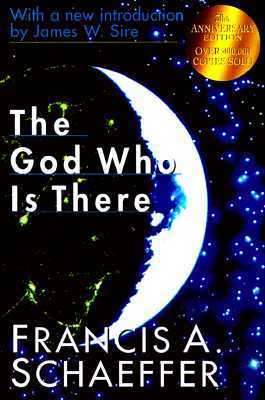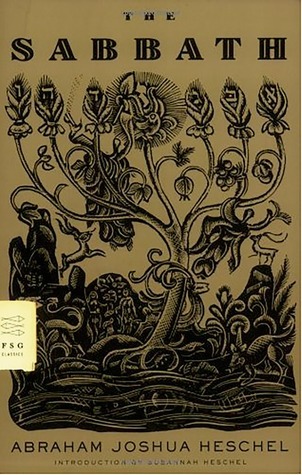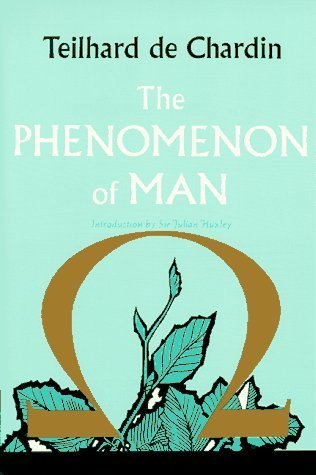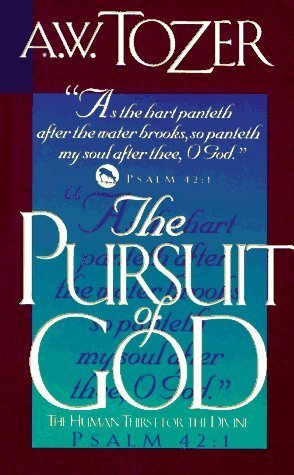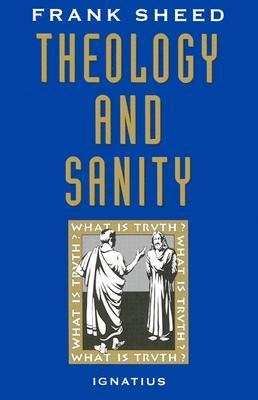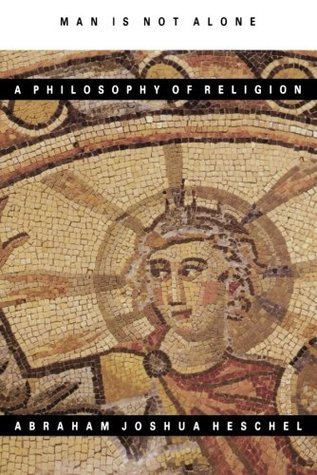
Man Is Not Alone: A Philosophy of Religion
Book Description
Dive into a world where faith battles despair and meaning hangs in the balance. Abraham Joshua Heschel reveals the profound connection between humanity and the divine, urging readers to confront the emptiness of existence. With lyrical prose, he explores the essence of spirituality, challenging conventional beliefs and inviting a deeper understanding of God’s presence in everyday life. Each page ignites a spark of hope against the backdrop of modern skepticism, illuminating the path to a richer existence. Are we truly alone in our search for significance, or is there something greater watching over us?
Quick Book Summary
"Man Is Not Alone: A Philosophy of Religion" by Abraham Joshua Heschel is an exploration of the human longing for meaning and spiritual truth. Heschel presents religion not merely as doctrine, but as an encounter between the finite human soul and the infinite divine presence. Through poetic and rigorous prose, Heschel contends that awe and wonder are valid and essential gateways to experiencing God. He challenges the rationalist notion that faith is obsolete in the face of modern skepticism, arguing instead that true religion arises from an existential and personal search for the ultimate. In doing so, Heschel offers a compelling vision in which faith becomes a response to the overwhelming presence of the divine in everyday life, inviting readers to embrace mystery and rediscover spirituality.
Summary of Key Ideas
Table of Contents
The Role of Awe and Wonder in Religious Experience
Abraham Joshua Heschel invites readers to consider the significance of awe and wonder as starting points for religious experience. Rather than relying solely on logical proofs or dogmatic teachings, Heschel suggests that profound moments—where we encounter beauty, mystery, or the sublime—awaken us to something beyond ourselves. This sense of radical amazement interrupts our routine thinking and opens us to the possibility of the divine, serving as a foundation for authentic faith. Heschel argues that spiritual insight often begins in those moments when meaning is felt more intensely than reason can explain.
God’s Incomprehensibility and Manifestation
Heschel emphasizes God’s radical otherness, highlighting that any attempt to define or fully comprehend the divine will always fall short. Instead, God is both transcendent and immanent—utterly mysterious yet intimately present in the world and in human experience. Religion, therefore, is not about possessing knowledge of God but responding to divine manifestations through reverence, humility, and openness. This approach challenges readers to appreciate the limits of human intellect and to resist reducing God to mere philosophical concepts or theological abstractions.
The Human Search for Meaning and Encounter with the Divine
The human quest for meaning, Heschel insists, underlies all genuine religion. Modern life, with its distractions and anxieties, often leads to a sense of despair or emptiness. Against this backdrop, Heschel proposes that seeking God is inherently tied to seeking significance in one’s own existence. The religious person is not one who has all the answers but rather one who is engaged in continuous questioning, listening, and striving toward the ultimate. Religion becomes a relational experience, marked by encounter, dialogue, and yearning rather than certainty or inertia.
Faith Beyond Rationalism and Dogma
Heschel is deeply critical of both rigid dogmatism and cold rationalism. He argues that neither blind faith nor detached skepticism can capture the fullness of religious life. Instead, true faith is an expression of the whole person—mind, emotion, conscience, and will—responding to the mystery of divine presence. Such faith is dynamic, ever-deepening, and always tied to concrete responsibility. Heschel sees religious living as an ongoing process of discovery, doubt, and affirmation, rooted in the courage to believe yet conscious of the profundity and complexity of existence.
Responsibility and Moral Living as Religious Acts
Finally, Heschel highlights responsibility and moral action as central to a faith-filled life. Awareness of the divine presence, he maintains, compels individuals to act with justice, compassion, and integrity. Spirituality finds its truest expression not in isolation but in the world, responding to the needs of others and participating in the redemptive work of history. Heschel’s vision is of a life where religious engagement leads to hope and transformation, offering light against the despair of meaninglessness.
Download This Summary
Get a free PDF of this summary instantly — no email required.
